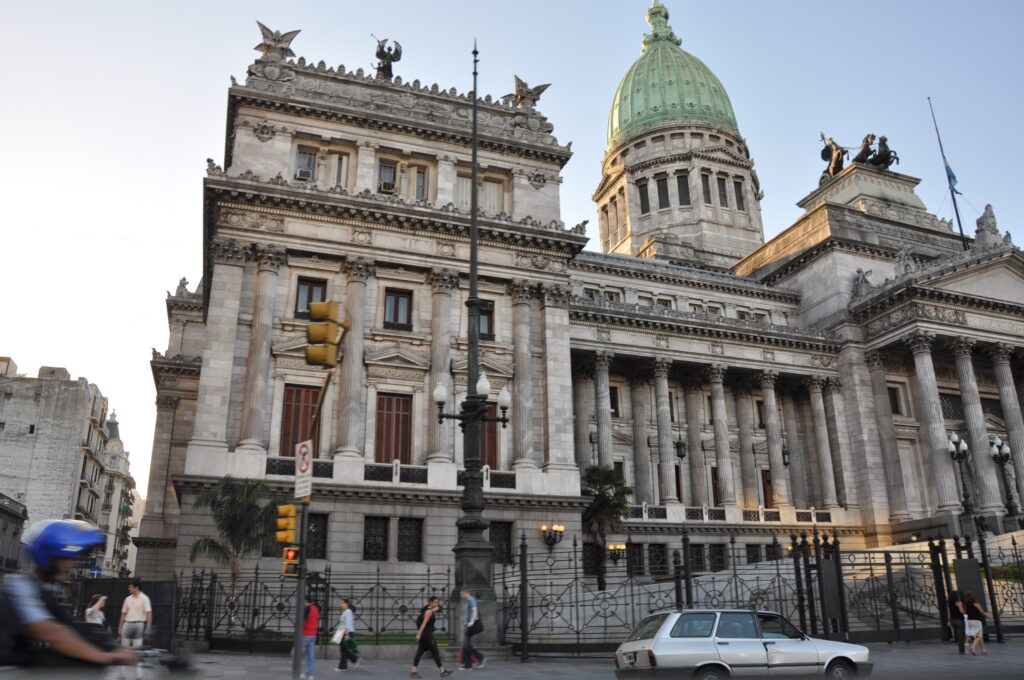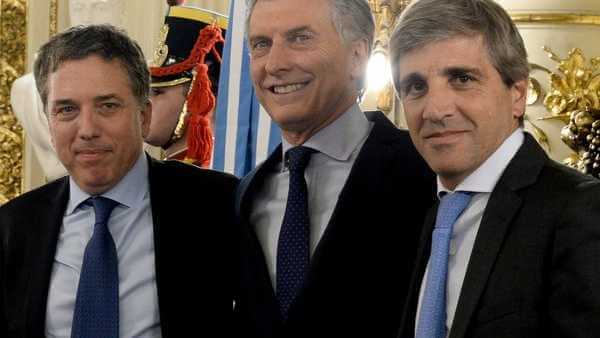Buenos Aires, Argentina — Argentina’s Minister of Economy and presidential candidate, Sergio Massa, announced a series of economic relief measures to help senior citizens, workers and small companies to combat the spiraling inflation prior to the general elections next October 22.
Controversy sparked at the end of August after it was revealed that the relief package announced by Massa is expected to cost around USD $1.5 billion, representing around 0.8% of the country’s GDP. One of the measures is a ARS 60,000 bonus for around 5.5 million employees that, as it’s supposed to be mandatory for both the public and private sector, made some people pretty angry.
Fourteen provinces have already rejected the minister’s “suggestion” as their governors said they won’t pay the USD $82 bonus to their employees. Chubut, Mendoza, La Rioja and Santiago del Estero are the only provinces that so far have confirmed they will pay it, which, with the exception of Mendoza, are governed by Massa supporters.
According to some local media outlets, the announcement came as a surprise to most governors, as they suddenly had to finance an unexpected bonus in the middle of a turbulent devaluation prior to the elections. Some even asked the ministry for financial aid to pay for it, but the idea was rejected.
The Argentina Confederation of Medium Enterprises (CAME) criticized Massa’s decision. “They put us in an obligation that cannot be fulfilled, because the companies are at their limit with their working capital,” Salvador Femenia, spokesperson of CAME, told Clarín.
Adding to the claim, the Argentine Industrial Union (UIA) released a statement saying that “The increases by decree collide with the salary consensus already signed.” But clarified that nevertheless their members will pay the bonus.
In response to all the complaints, the director of the Federal Administration of Public Income (AFIP), Carlos Castagneto, said that, “When a measure is taken in favor of the population, the economically strong sectors of Argentina do not want to pay the bonuses or this fixed sum.”
The relief package also aims to provide bonuses to senior citizens and housekeepers; it will freeze the prices of some goods like oil until November and services like private health plans for ninety days; it will provide a line of credits for independent workers at a subsidized rate and it will launch a pre-financing program for exports, among many other things.
What led to this urgent decision?
The day after the surprising results in the primary elections in early August when Libertarian candidate Javier Milei shocked the country by securing first place in the vote, the government made the decision of devaluating the Argentine peso by around 20% in order to prevent a higher jump on the USD rate.
That day the informal USD rate also took a similar jump against the peso, from ARS 600 to ARS 685 per dollar, but kept on escalating during the week until it reached stability around the actual ARS 730.










